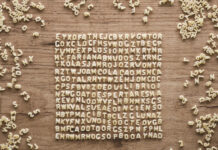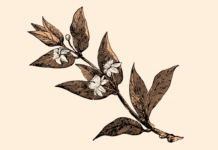How the new PSA guideline can help answer this question.
When asked about bush medicine most pharmacists would struggle. Bush medicine is a form of traditional healing used by Aboriginal and Torres Strait Islander peoples. Traditional healing incorporates a holistic approach to health and captures the health paradigms of that community and includes traditional healers, healing songs and bush medicine.1 Aboriginal and Torres Strait Islander peoples have been using these methods for tens of thousands of years.1
Why use bush medicine?
Prior to colonisation bush medicine and other traditional healing methods were the forms of primary health care practised.1 People may choose to use bush medicine for a variety of reasons, including1:
- reconnecting with their heritage, land, culture and the spirits of their ancestors
- peace of mind.
It should be recognised that the Western approach to medicines may fail to acknowledge the spiritual and social significance or health impact of traditional healing practices.1
When are bush medicines used?
Aboriginal and Torres Strait Islander peoples are more likely to live in urban and regional areas, rather than remote areas.2 Approximately 40% live in major cities and approximately 45% live in inner and outer regional areas.2
Bush medicines are used across Australia with the extent of use varying between communities.1 They may be used in combination with Western medicines or may be used by themselves.1
Record the medicine
The PSA’s new Guideline for pharmacists supporting Aboriginal and Torres Strait Islander peoples with medicines management1 recommends whenever a patient notifies you that they are using a bush medicine this should be recorded, wherever possible. This can be done on My Health Record, or the patient’s medicine profile to ensure other healthcare professionals are aware of the patient’s choice to use bush medicine.1
Respect the patient’s choice
The recently released Ahpra Code of conduct Principle2 outlines that practitioners should consider the specific needs of Aboriginal and Torres Strait Islander peoples and their health and cultural safety, including the need to foster open, honest and culturally safe professional relationships.3 Respecting patient choice to use bush medicine demonstrates consideration of the specific needs of Aboriginal and Torres Strait Islander peoples and is a commitment to providing a culturally safe service.
Work in partnership
Working in partnership and building relationships with community members, Aboriginal organisations as well as Aboriginal and/or Torres Strait Islander health workers/health practitioners will build a foundation of culturally safe practice. Aboriginal and Torres Strait Islander health workers and health practitioners can provide further information about traditional healing and their safe use.1
Become a ‘deadly’ pharmacist
The new PSA guideline, and the Deadly Pharmacist Foundation Training Course can help answer bush medicine and other questions related to medicines management in this community.
Enrol in the training course here.
References
- Pharmaceutical Society of Australia. 2022. Guideline for pharmacists supporting Aboriginal and Torres Strait Islander peoples with medicines management.
- Australian Institute of Health and Welfare. 2022. Profile of Indigenous Australians.
- Australian Health Practitioner Regulation Agency. 2022. Shared Code of conduct.
JACOB WARNER BPharm, MPS is a Professional Practice Pharmacist in PSA’s Perth office.



 Pharmacists have always prescribed, but they have the potential to prescribe much more
Pharmacists have always prescribed, but they have the potential to prescribe much more



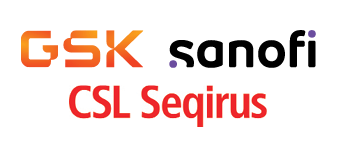 Sponsorship information
Sponsorship information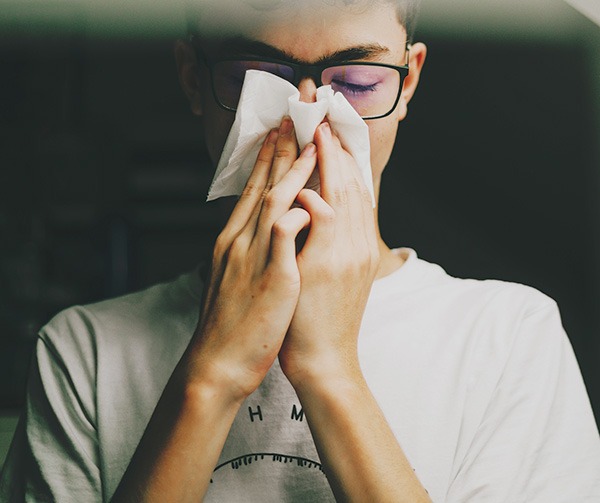
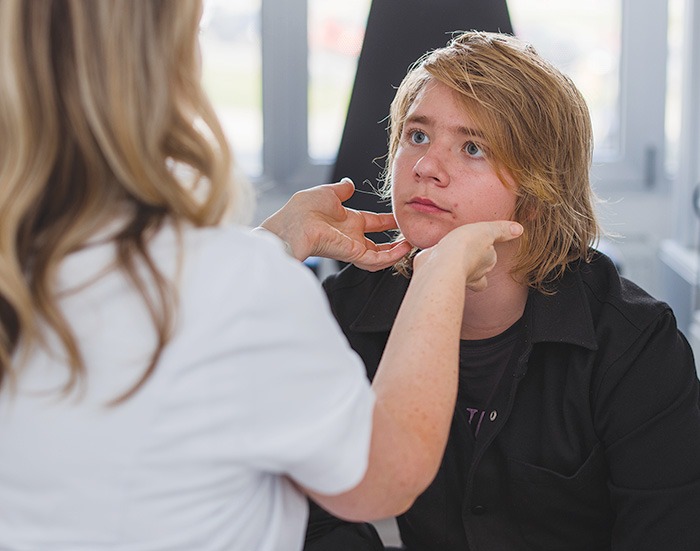
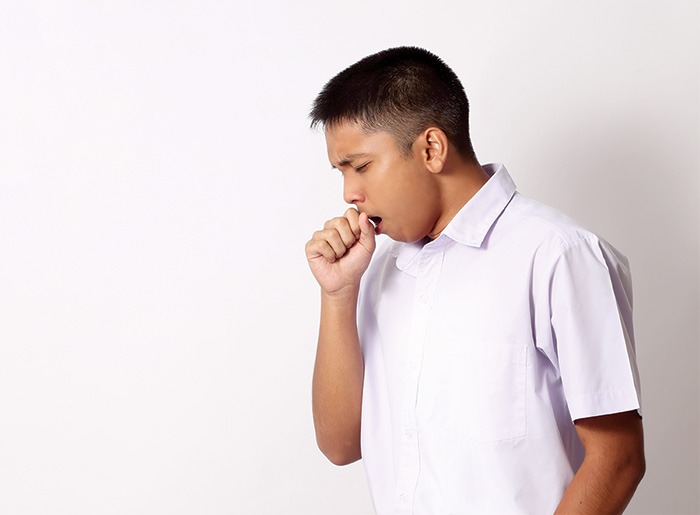
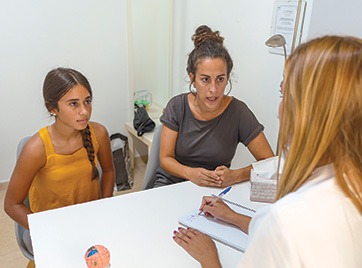 Talking to patients who have questions
Talking to patients who have questions
